Tori, Hodgkin Lymphoma
Tori, Hodgkin Lymphoma
In the summer of 2019, my life was changed forever. No one can prepare you for the day that the doctor diagnoses you with cancer. Time stands still while you deconstruct each word to make sure you heard it correctly. My doctor said to me that based on my symptoms, he believed that I had a form of cancer called Hodgkin lymphoma, which was later confirmed by a needle biopsy.
He went on to explain how I was a classic textbook case for this specific form of blood cancer and I’d make a perfect example for his classroom (note that this doctor was also an adjunct professor). I wasn’t sure if that statement was meant to make me feel flattered, but I felt deflated and embarrassed. I imagined a classroom full of ambitious students reviewing a profile of me that was projected on the white board at the front of the class. They would cross reference all of my information against their knowledge bank from which they’d acquired from a slew of medical textbooks, videos and scholarly articles.
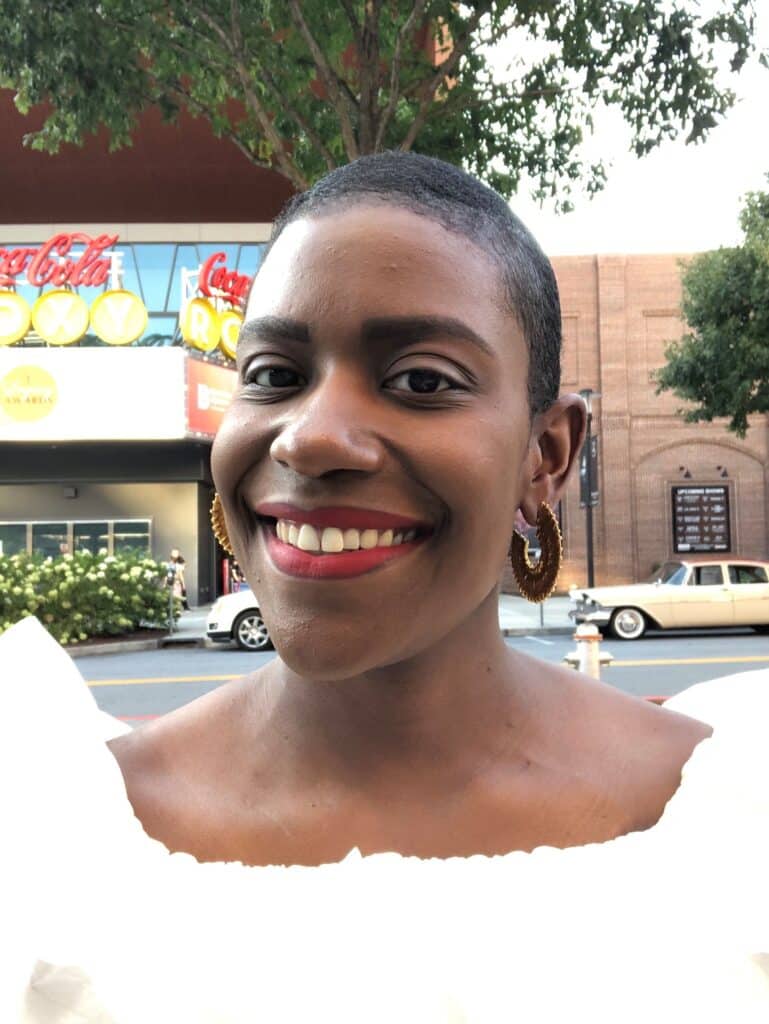
The profile is as follows; 32-year-old black female, 5’10”, 180 lbs, single, no kids, sales professional who travels regularly for work, no regular exposure to toxic chemicals, resides in a major metropolitan city, the most significant health problems to date include anemia and SVT (a rapid or irregular heartbeat), other notable family health history include high blood pressure and blood clots. Symptoms include dry and itchy skin, rapid weight loss, trouble sleeping, night sweats, fatigue, lingering cough, trouble breathing and elevated heart rate while doing low impact activity.
Several anxious students would raise their hands high to the sky to be the first student to provide the diagnosis. Textbook case for Hodgkin lymphoma.
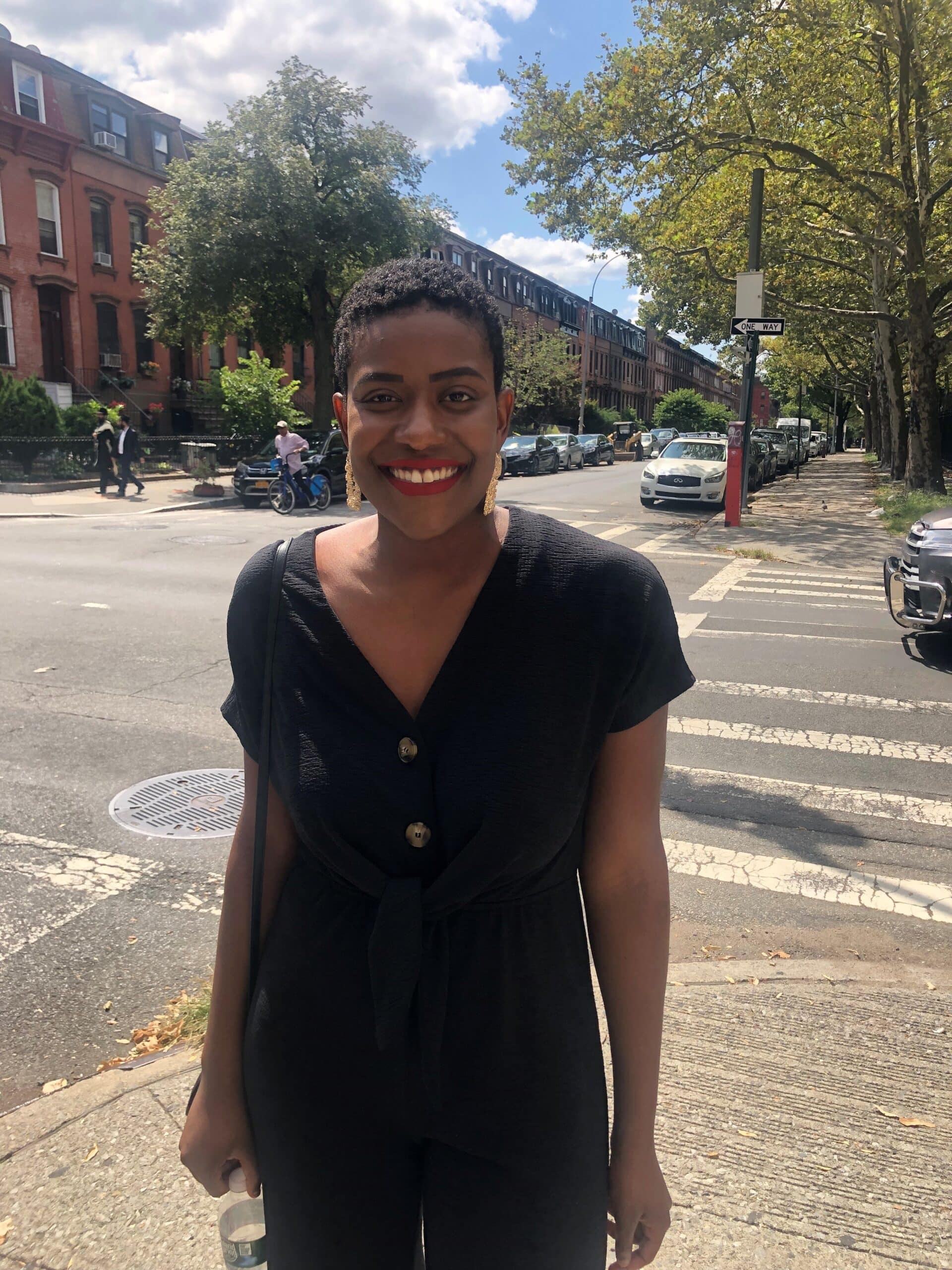
Prior to this moment – I was a relatively healthy individual. I rarely got sick and I generally felt pretty good. Shortly after my 32nd birthday, I noticed that I had a slight dry cough that lingered for several weeks. I didn’t think much of it, so I went to my local CVS Minute Clinic, where they told me it was likely a virus that needed to work its way through my system and that it should be gone within 3-4 weeks.
As I was waiting for this “virus” to run its course, I started having itchy and dry skin all over my body, especially my arms and elbows. I thought I’d developed eczema, so I went to natural body stores to find organic products that helped to treat eczema and soothe my skin and I even started to research dermatologists. I was miserable. The itch was so bad it literally felt like little bugs were crawling on my skin. I later learned that the lymphocytes in the bloodstream give that itching sensation.
I was also waking up in the middle of the night drenched in sweat, like I’d been running a marathon. I even recall waking in the morning as per my normal routine, taking a shower and then instead of getting dressed for work, I had to lay back in the bed because I was still very tired, even after a full night of rest. I was suffering from extreme fatigue.
Those symptoms alone should’ve been enough to scream “Hey girl, something is really wrong here!” But I didn’t put all of the pieces together. I didn’t go to the doctor until I kept getting stopped in the hallway at work, where colleagues would comment on how good I looked and how much weight I’d lost. Now, I have always had an athletic build and I would get a good laugh at saying that I was able to hide fat well, because of my stature, but I honestly hadn’t noticed that I’d been rapidly losing weight. My clothes did fit a little bit looser, but I was recently promoted into a role that was fast-paced and required me to work long hours and travel quite a bit – so I chucked the weight loss off to stress from my new gig. Then one day I decided to step on the scale and unbeknownst to me, I’d lost over 30 pounds! I gasped in disbelief. It was at that moment that I started to put all the signs together and I knew that something was very wrong.
By the time I went to an actual doctor and got a chest X-ray, roughly 8 weeks had come and gone while my symptoms worsened. The X-ray revealed a 13 cm tumor in my chest that was so large, it was extremely close to blocking my airway completely. The needle biopsy confirmed what the doctors had already preliminarily discussed with me: Stage 4 cancer.
My treatment consisted of 12 rounds of chemotherapy, administered every 2 weeks. By the end of the treatment, my scans indicated that I was in remission. I went back to work and resumed my normal activity as best as I could while rebounding from the whole ordeal. 9 months later, I went in for an annual scan and there was increased activity in my PET scans. My doctor called me into his office and hit me with another dagger. He told me that he believed my Hodgkin lymphoma had relapsed based on my scan results and referred me out to another practice to help see me through a potential 2nd line of treatment. My heart sank and I burst into tears in his office. In my mind, I was thinking “this cannot be happening.”
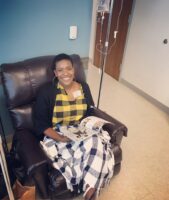
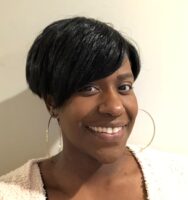
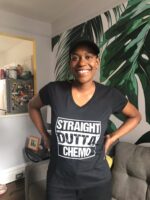
The referring teams took my case to the tumor board and they weren’t quite convinced there was a relapse. I ultimately decided to do a wait and see approach and monitor if any prior symptoms were presenting themselves. While I was waiting for more definitive information regarding my diagnosis, I found out that I was pregnant with my first child. I was very excited because I’d dreamt of being a mother one day, but I was also nervous because I still didn’t know with certainty if my cancer had returned.
Nevertheless, I continued on with my pregnancy and in July of 2022, my son was born, beautiful and healthy. There was a list for 10 weeks that went by before I noticed an enlarged lymph node in my neck. I instantly knew that the cancer was back. What I didn’t mention prior is that during my pregnancy, I moved down to Atlanta, Georgia to be closer to my parents, and this meant that I needed to find a new team to lead my second line of treatment. I would ultimately land on Emory Winship Cancer Institute.
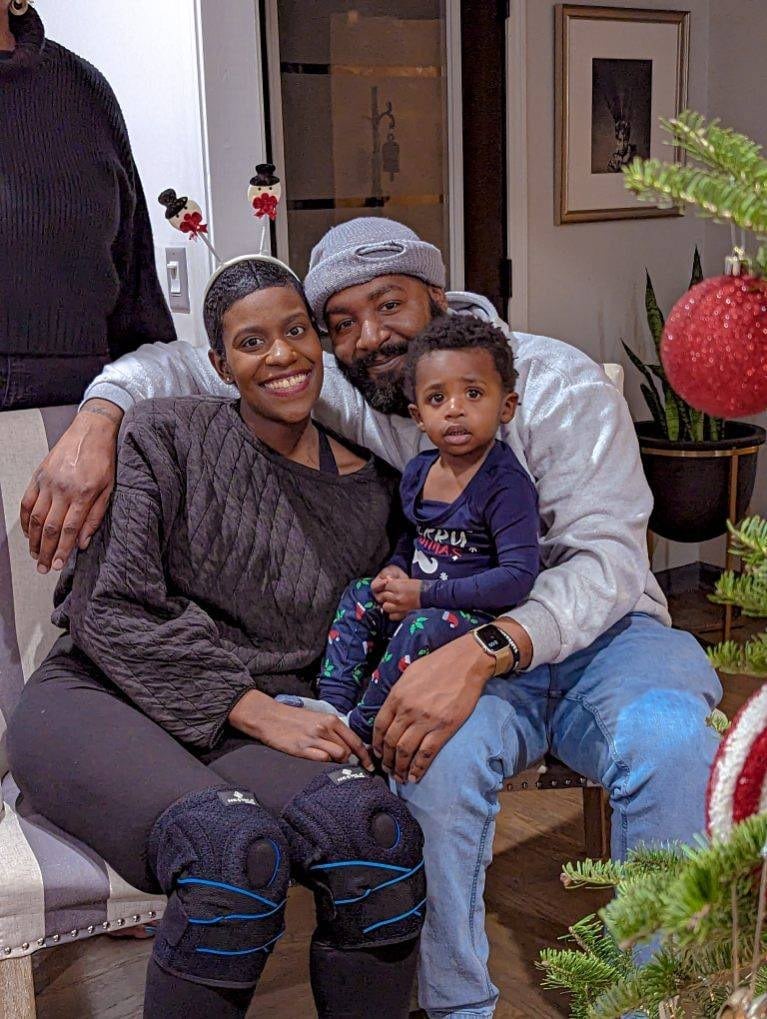
My doctor discussed that an autologous stem cell transplant would be the best course of action to wipe out all of the cancer cells. She explained to me how the process would work and warned me of the potential, long-term implications of treatment such as infertility.
My treatment started shortly after the diagnosis. I’d have conditioning treatment prior to going into the hospital for three weeks where I would undergo the stem cell transplant and that would be followed up with several rounds of maintenance chemo to keep things at bay. The hardest part of this journey was being away from my seven month old son, while I fought for my life.
With lots of faith in the amazing team at Emory Winship, I was back in remission as of September 2022. I was so elated to finally get back to a normal life – taking long walks with my son, eating at beautiful restaurants, going on date night with my partner and going back to work. Then, in October 2022, I was hit with another dagger.
I started experiencing tingling in my fingers and numbness in my arms. My legs started to get weaker to the point where I could no longer walk up the stairs that lead to my apartment. My oncology team initially thought that it could be neuropathy but after the symptoms worsened, I was admitted to the ER where they determined that I had Guillain-Barre syndrome, also known as GBS.
I was extremely afraid because I had never heard of this before, and I didn’t know how this would impact my life in the long term. The neurologist at the hospital explained to me that GBS was an autoimmune disorder where your body attacks your nerve endings, and that it normally occurs after some sort of viral infection.
This made a lot of sense to me, because after my stem cell transplant, I had been re-vaccinated with some of my childhood vaccines. I was told that the vaccines were necessary because the stem cell transplant essentially wipes out your immunity given the potency of the chemotherapy. My body thought that my nerve endings looked similar to the virus that it was trying to protect me from, and it essentially misfired.
In extreme cases, GBS can be completely debilitating and cause paralysis. I am thankful that I sought help before things got that bad. However, as I’m writing this in January 2023, I am in extensive therapy to regain my strength and full functionality of my extremities.
I’ve learned that it’s important to take it one day at a time, and to give yourself grace throughout the process. Be kind and gentle to yourself because the journey gets tough and can feel isolating at times but know that you are not alone.
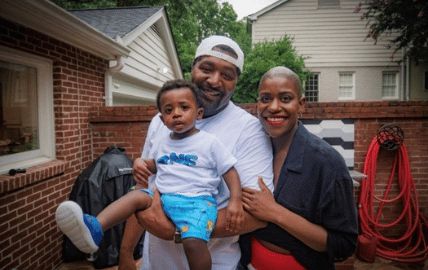
The good news is that I am making great progress every day, and I am expected to make a full recovery within a year’s time. I have learned through this journey that it’s important to stay in a state of gratitude. To wake up every day and to be thankful for the life that you do have. I’ve learned that it’s important to take it one day at a time, and to give yourself grace throughout the process. Be kind and gentle to yourself because the journey gets tough and can feel isolating at times but know that you are not alone.
If we dig deep down inside, we can do anything and overcome any obstacle that life throws our way.
I am hoping to spread a message of hope and resilience to all cancer patients, survivors and caregivers. If we dig deep down inside, we can do anything and overcome any obstacle that life throws our way. I hope to use my voice on media platforms to inspire others. For those of you who are reading this, remember that you will survive the bad days because you are a survivor.